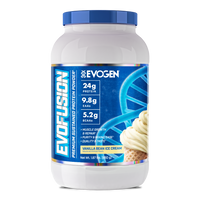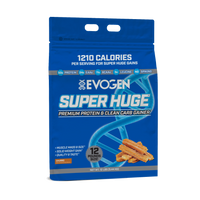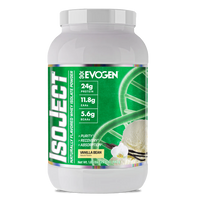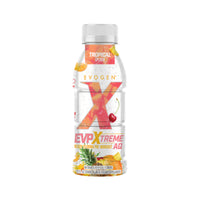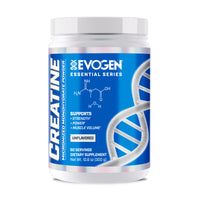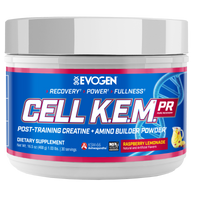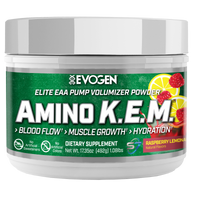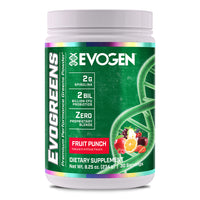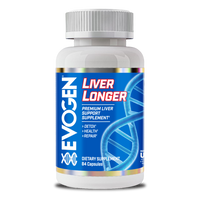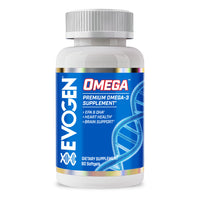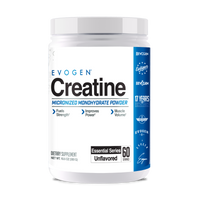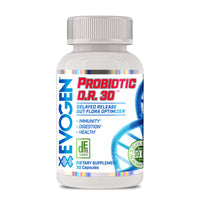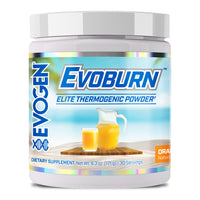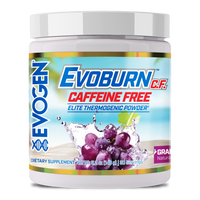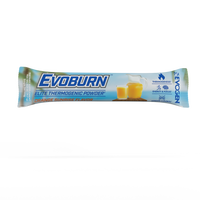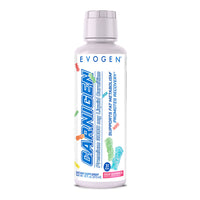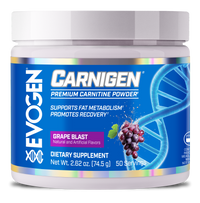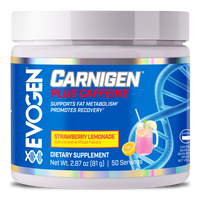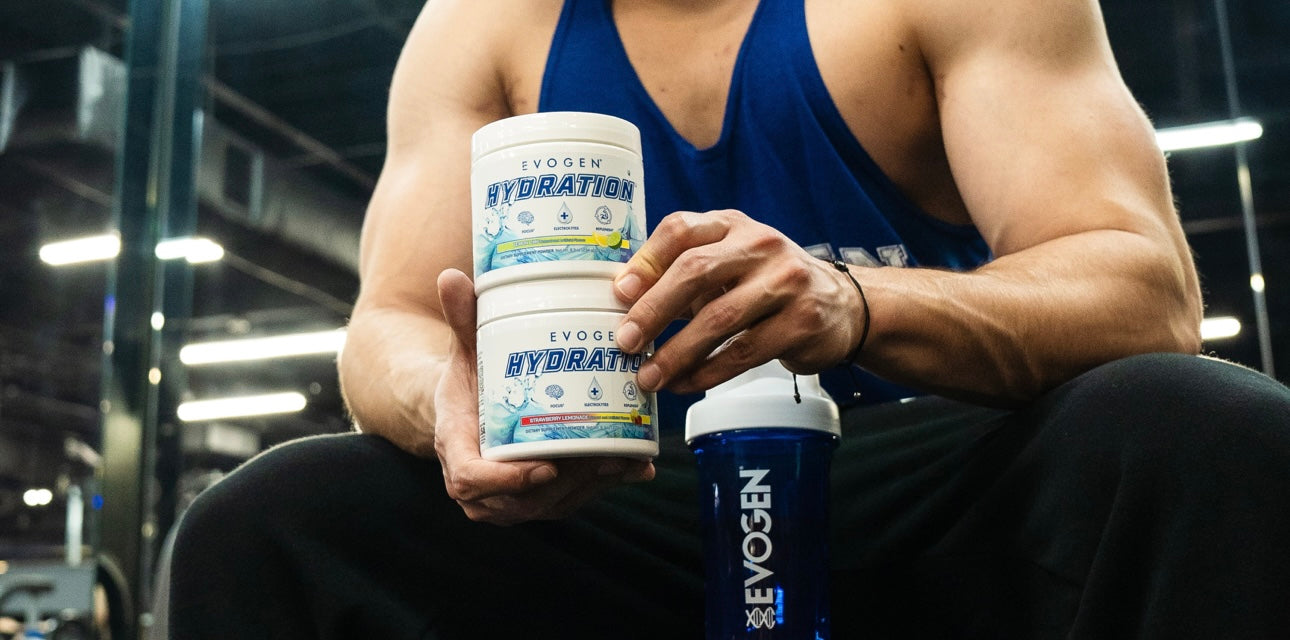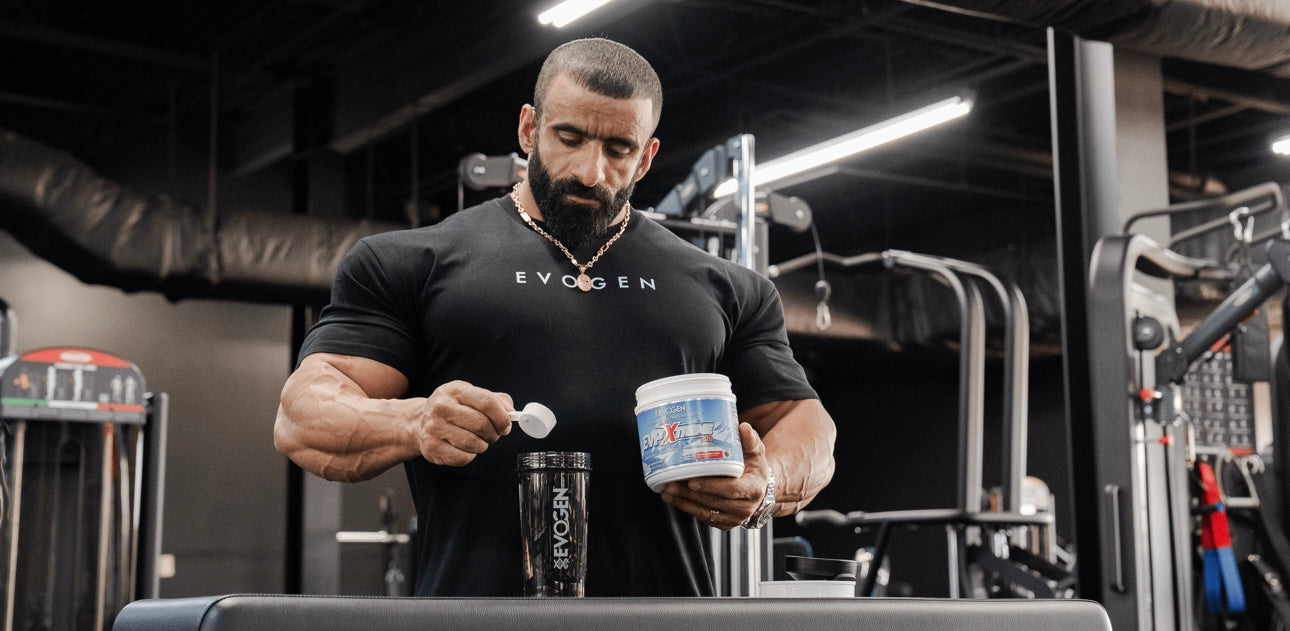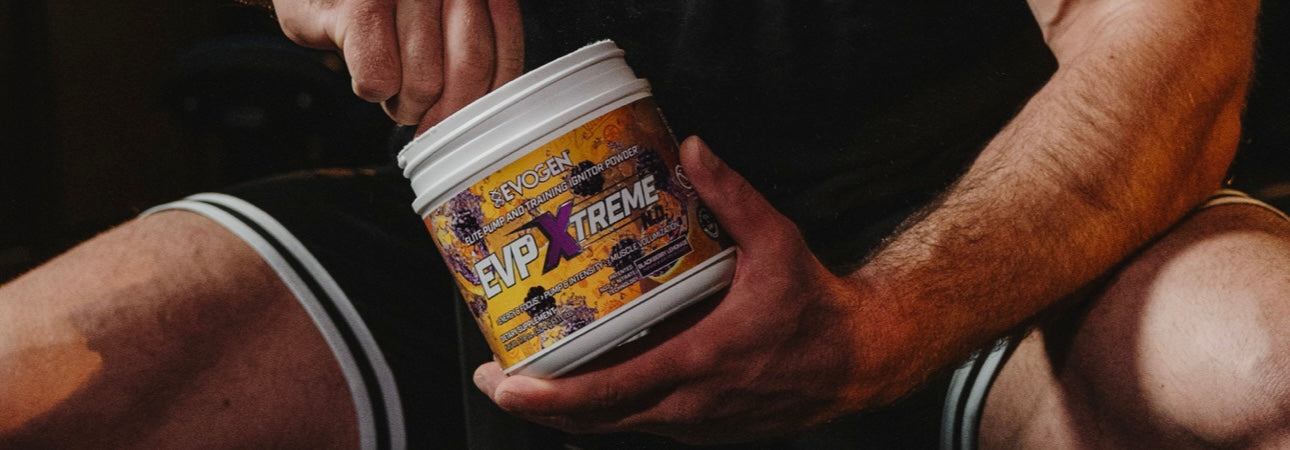Staying hydrated is one of the simplest but most effective ways to elevate your training. But when it comes to hydration, water isn’t the full story. The question athletes and fitness enthusiasts often ask is: Should I drink electrolytes before or after a workout? The answer isn’t one-size-fits-all. Electrolytes are essential minerals that regulate fluid balance, muscle contractions, and nerve function. Whether you take them before, during, or after training can significantly impact your performance, endurance, and recovery.
Electrolytes aren’t just for marathon runners or professional athletes. They’re critical for anyone training hard, sweating heavily, or striving to get the most out of every rep. The right strategy ensures you start strong, maintain intensity, and recover quickly, so you’re ready to go again tomorrow.
Why Electrolytes Matter for Exercise
Electrolytes are minerals like sodium, potassium, calcium, and magnesium that carry electrical charges, powering muscle contractions and nerve communication. Without them, basic functions like regulating blood pressure or maintaining temperature can falter.
Electrolyte Loss Through Sweat
During workouts, your body loses electrolytes through sweat. An imbalance disrupts muscle function, slows reaction time, and accelerates fatigue. In fact, athletes can lose significant amounts of fluid and sodium through sweat, and the amounts vary by individual and conditions. In hotter environments or longer training sessions, those numbers climb dramatically.
Supporting Overall Health Beyond Training
Beyond athletic performance, electrolytes support overall wellness. They regulate pH levels in your blood, influence nutrient absorption, and even play a role in hormone balance. For example, potassium works with sodium to control blood pressure, while magnesium assists with over 300 enzymatic reactions in the body, including those related to energy production. An imbalance doesn’t just cause cramps mid-workout; it can impact sleep quality, mood stability, and cognitive sharpness throughout the day.
Think of electrolytes as your body’s wiring system. If the charge isn’t steady, performance drops. From muscle cramps to early fatigue, electrolyte imbalance is one of the fastest ways to sabotage your results. For athletes who take training seriously, ignoring electrolytes simply isn’t an option.
Should You Take Electrolytes Before or After a Workout?
The short answer: both matter, but for different reasons.
Timing your electrolyte intake depends on your training goals, sweat rate, and workout conditions.
Why Timing Matters for Performance
Pre-workout electrolytes give your body a head start, ensuring you begin training with fluid and mineral levels in balance. Post-workout electrolytes replace what you’ve lost, supporting recovery and reducing the risk of cramps, soreness, and fatigue.
For most people, combining both strategies works best. It’s not just about preventing dehydration. It’s about creating an electrolyte plan that enhances performance while accelerating recovery.
Benefits of Electrolytes Before Exercise
Starting a workout with balanced electrolyte levels primes your body for peak output. Pre-workout electrolyte consumption:
- Enhances muscle power and endurance from the first set
- Delays the onset of fatigue during intense training
- Helps maintain blood volume for oxygen delivery to muscles
- Improves body temperature regulation in hot environments
Athletes training first thing in the morning especially benefit from pre-loading electrolytes. After hours of overnight fluid loss, you’re already mildly dehydrated before your warm-up even starts. Drinking an electrolyte beverage 30–60 minutes before training helps you hit the ground running.
Evogen Nutrition’s Amino K.E.M. EAA delivers full-spectrum EAAs with BCAAs and the clinically supported S7 nitric oxide blend to drive hydration, blood flow, and endurance. Although engineered as a full-spectrum recovery fuel during training, Evogen’s suggested use makes it versatile; athletes can take it before, during, or after workouts to support muscle repair and performance.
Benefits of Electrolytes After Exercise
Once your workout ends, your body enters recovery mode. Muscles are primed to absorb nutrients, and replacing lost electrolytes during this window accelerates adaptation.
Post-workout electrolytes help:
- Restore fluid balance and blood volume
- Reduce cramping and muscle soreness
- Replenish minerals lost through sweat
- Support glycogen and protein synthesis for faster recovery
This is where smart formulation matters. Amino K.E.M. is built to fuel recovery with complete EAAs and electrolytes, and Evogen’s directions explicitly allow use post-workout to help rehydrate and kick-start muscle repair. Many athletes also sip it intra-workout and continue post to keep electrolyte levels and amino availability high when the body is most primed to absorb them.
When to Have Electrolytes Before a Workout
Not every training session requires pre-loading electrolytes. But there are times when it makes a significant difference:
- Morning workouts: You wake up slightly dehydrated, so electrolytes help restore balance.
- Hot or humid conditions: Sweat losses accelerate, making early replenishment critical.
- High-intensity training: Whether it’s sprint intervals or Olympic lifting, electrolytes improve performance.
- Endurance sessions lasting over an hour: Long runs, rides, or rows demand early hydration planning.
Consuming electrolytes 30–60 minutes before training allows time for absorption and ensures you’re not starting at a deficit.
When to Have Electrolytes After a Workout
Electrolyte replenishment is most effective immediately after training. This “recovery window” is when your muscles are most sensitive to nutrient uptake. For athletes with multiple sessions per day, skipping post-workout electrolytes is a major performance mistake.
Aim to consume electrolytes within 30 minutes post-exercise, ideally alongside protein and carbohydrates for full recovery support. This combination restores glycogen, repairs muscle tissue, and balances fluid levels.
How Your Workout Type Affects Electrolyte Needs
Different training styles stress your body in unique ways, and your hydration plan should adapt accordingly.
- Strength training: Short, explosive sessions generally don’t require large electrolyte intake beforehand. Focus on replenishment after training.
- HIIT or CrossFit: Intense, sweat-heavy workouts benefit from both pre- and post-workout electrolytes.
- Endurance training: Long runs, cycling, or swimming demand consistent electrolyte intake before, during, and after.
- Athletic performance sports: Football, basketball, and combat sports combine endurance and explosive efforts, requiring steady electrolyte strategies.
By tailoring electrolyte timing to your workout type, you can prevent energy crashes and maximize performance output.
Do Electrolyte Supplements Really Work?
Sports drinks and electrolyte supplements aren’t just marketing hype; they serve a purpose. Unlike plain water, which can dilute blood sodium levels if consumed excessively, electrolyte drinks maintain proper balance while hydrating.
What to Look For in a Quality Supplement
The effectiveness depends on quality. Many commercial sports drinks contain added sugars and artificial colors with low mineral content. Evogen Nutrition’s formulations, like Amino K.E.M., are designed for performance, offering a precise ratio of electrolytes plus recovery-supporting aminos.
When choosing a supplement, look for sodium, potassium, magnesium, and calcium as core minerals. These directly impact hydration status, muscle contractions, and nerve signaling.
Finding the Right Format for Your Needs
Another consideration is the format. Powders often deliver higher-quality formulations with customizable dosages, while ready-to-drink options are convenient for athletes on the go. Capsules provide portability but may take longer to absorb compared to liquids.
If you prefer a straight electrolyte formula without aminos, Evogen Hydration Full Spectrum Electrolyte Powder is sugar-free and adds CDP-choline to support mental focus during demanding sessions. Mix 1 level scoop with 12–16 oz of water; it can be sipped throughout the day on training and non-training days to maintain hydration.
Evogen’s Precision Approach
Evogen Nutrition’s approach centers on precision and synergy, combining electrolytes with amino acids or carbohydrates when appropriate to maximize both hydration and recovery benefits. This evidence-based formulation ensures you’re not just drinking flavored water, but fueling your body with performance-tested nutrients.
Plain Water vs Electrolyte Drinks: Which Is Better?
Water will always be essential, but during intense or prolonged exercise, it isn’t enough on its own. Drinking only water can dilute sodium levels, leading to a condition called hyponatremia, low blood sodium that causes fatigue, nausea, and in severe cases, dangerous complications.
Electrolyte beverages restore what your body loses through sweat while helping you retain fluids more effectively. For casual activity or short workouts under an hour, plain water is fine. But for athletes training hard, electrolyte beverages offer clear advantages.
Natural Ways to Get More Electrolytes
Supplements are convenient, but you can also increase electrolyte intake through whole foods:
- Sodium: Pickles, olives, lightly salted nuts
- Potassium: Bananas, oranges, potatoes, spinach
- Magnesium: Almonds, pumpkin seeds, dark leafy greens
- Calcium: Yogurt, cheese, fortified plant milks
While these foods support daily mineral needs, athletes often require faster, more concentrated replenishment. That’s where supplements bridge the gap, ensuring balanced electrolyte levels even during intense or prolonged exercise.
A Solid Hydration Strategy for Optimal Performance
Elite athletes don’t guess when it comes to hydration; they plan it. Your hydration strategy should combine plain water, electrolyte supplementation, and performance nutrition.
Pre-Workout: Electrolytes + water to begin in fluid balance. Amino K.E.M. is acceptable per Evogen’s directions, especially before long or high-heat sessions.
During Workout: Small, steady sips of an electrolyte beverage if training exceeds an hour or in extreme heat. Amino K.E.M. is engineered for intra-workout recovery with EAAs plus electrolytes.
Post-Workout: Electrolytes with protein and carbs to restore fluid balance and support repair. Both Amino K.E.M. (EAAs + electrolytes) and Evogen Hydration (electrolytes + CDP-choline) fit here based on your goals.
Tracking sweat rate can also help. Weigh yourself before and after training. For every pound lost, replace with 16–20 ounces of fluid plus electrolytes. This simple strategy ensures optimal hydration for sustained performance.
Personalized Hydration and Sweat Rate Testing
Not everyone loses electrolytes at the same rate. Some athletes are “salty sweaters,” visible when sweat dries as white streaks on clothing. Others may lose more fluid volume but fewer minerals. Professional sports teams often use sweat analysis to create personalized hydration strategies, but everyday athletes can estimate their needs, too.
One method is to weigh yourself before and after training. If you lose more than 2% of your body weight in fluids, your hydration strategy needs adjusting. Tracking urine color is another simple marker: pale yellow suggests proper hydration, while darker shades indicate dehydration. Pairing these observations with strategic electrolyte intake allows athletes to fine-tune recovery and prevent the performance dips caused by chronic underhydration.
Putting It All Together for Peak Performance
Electrolytes aren’t optional; they’re performance essentials. Pre-workout supplementation prepares your body for intensity. Post-workout replenishment speeds recovery. Together, they create a complete system for hydration, muscle function, and endurance.
Experiment with timing and dosage to find what works for your body. Serious athletes benefit from scientifically formulated options like Evogen Nutrition’s Amino K.E.M., trusted by champions and designed for real results.
Electrolytes are the difference between surviving your training and dominating it. Make them a consistent part of your routine and you’ll notice the gains in energy, recovery, and overall performance.
Explore Amino K.E.M. EAA from Evogen Nutrition and build your hydration strategy like a pro.
Frequently Asked Questions (FAQs):
Do I Drink Electrolytes Before or After a Workout?
Both. Pre-workout electrolytes prepare your body for performance, while post-workout electrolytes replenish what’s lost and accelerate recovery.
What Are the Benefits of Taking Electrolytes Before a Workout?
They enhance endurance, maintain hydration, regulate temperature, and help muscles fire efficiently from the very first rep.
Should I Consume Electrolytes During a Workout?
Yes, if your workout is intense, lasts longer than an hour, or takes place in hot conditions. Mid-session electrolytes help prevent fatigue and cramping.
Why Are Electrolytes Important After a Workout?
They restore fluid balance, reduce soreness, and support muscle repair, ensuring faster recovery and readiness for your next session.

